
Humans of the North-East Inner-City: Fr. Anish
Fr. Anish John is the Indian Orthodox Priest for the Parish worshipping at Cathal Burgha St. George Street’, a Migrant and a Father.
IssueM Articles

Fr. Anish John is the Indian Orthodox Priest for the Parish worshipping at Cathal Burgha St. George Street’, a Migrant and a Father.

In 2006, in the North-East Inner-City of Dublin alone, the scale of the change in the religious landscape was staggering and evident to those paying attention.
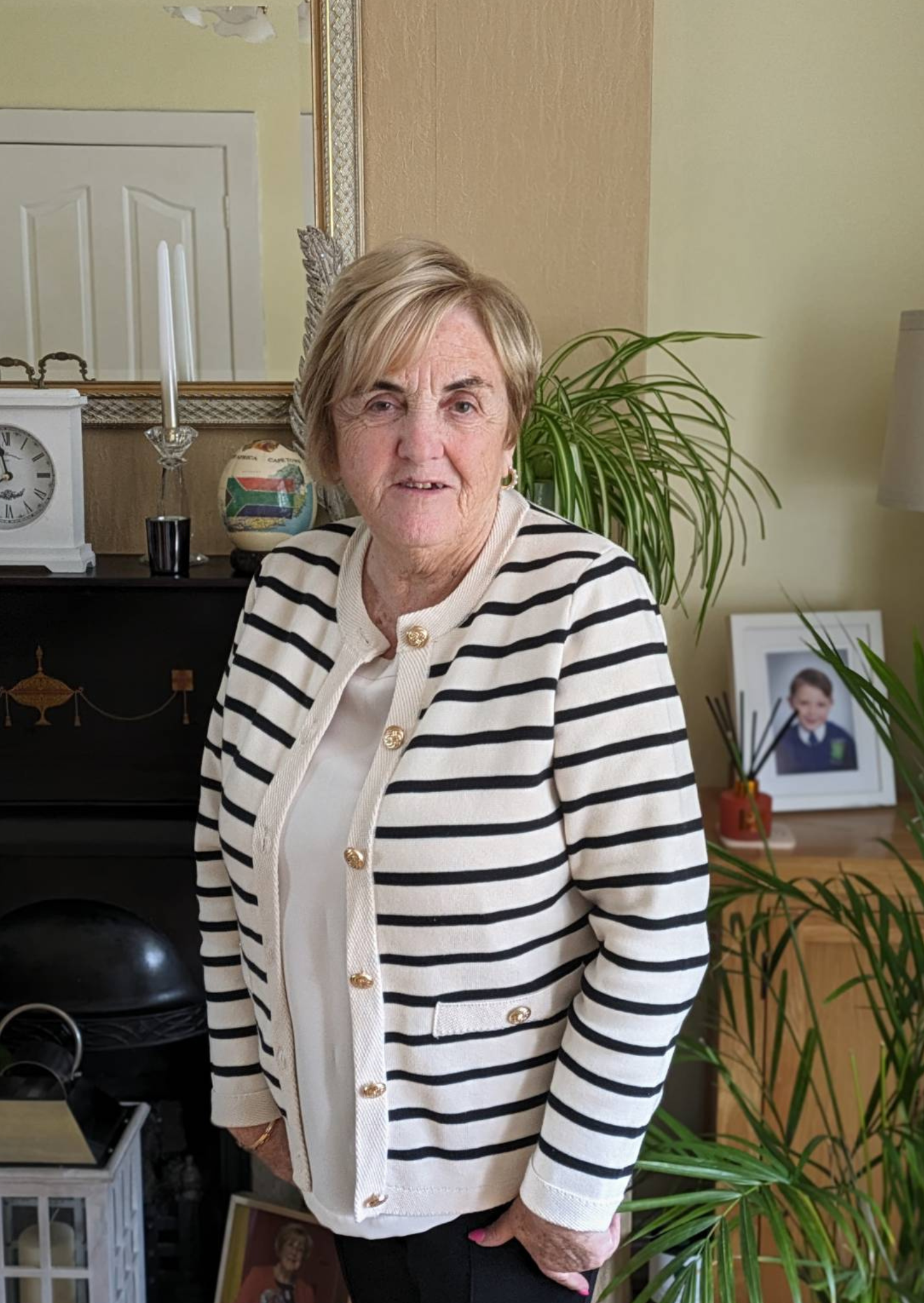
Carmel Cosgrove is a volunteer and founding member of East Wall Youth, Founding member of HOPE, Board member of Friends of Gateway and previous Lord Mayor of East Wall.
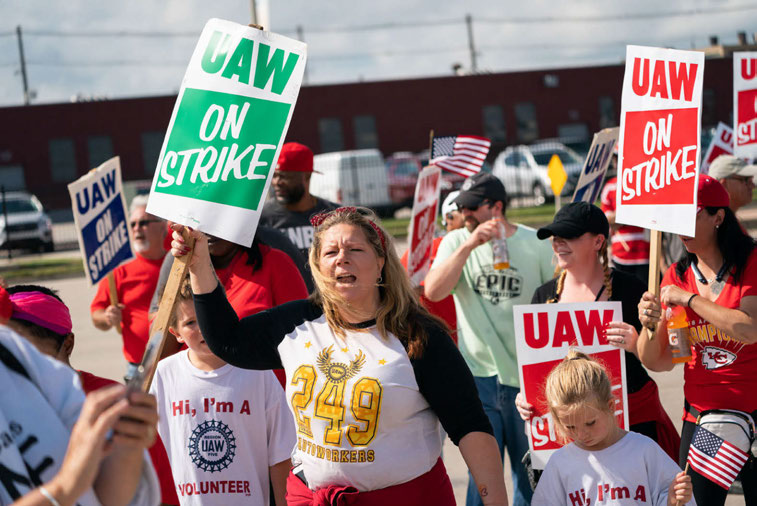
by Daniel Graff and Clemens Sedmak Prof. Dan Graff is professor of practice in the Department of History and director of the Higgins Labor Program of the Center for Social Concerns at University of Notre Dame. He is the recipient of Notre Dame’s 2023 Rev. William A. Toohey, C.S.C., Award for Social Justice and won… Read more »
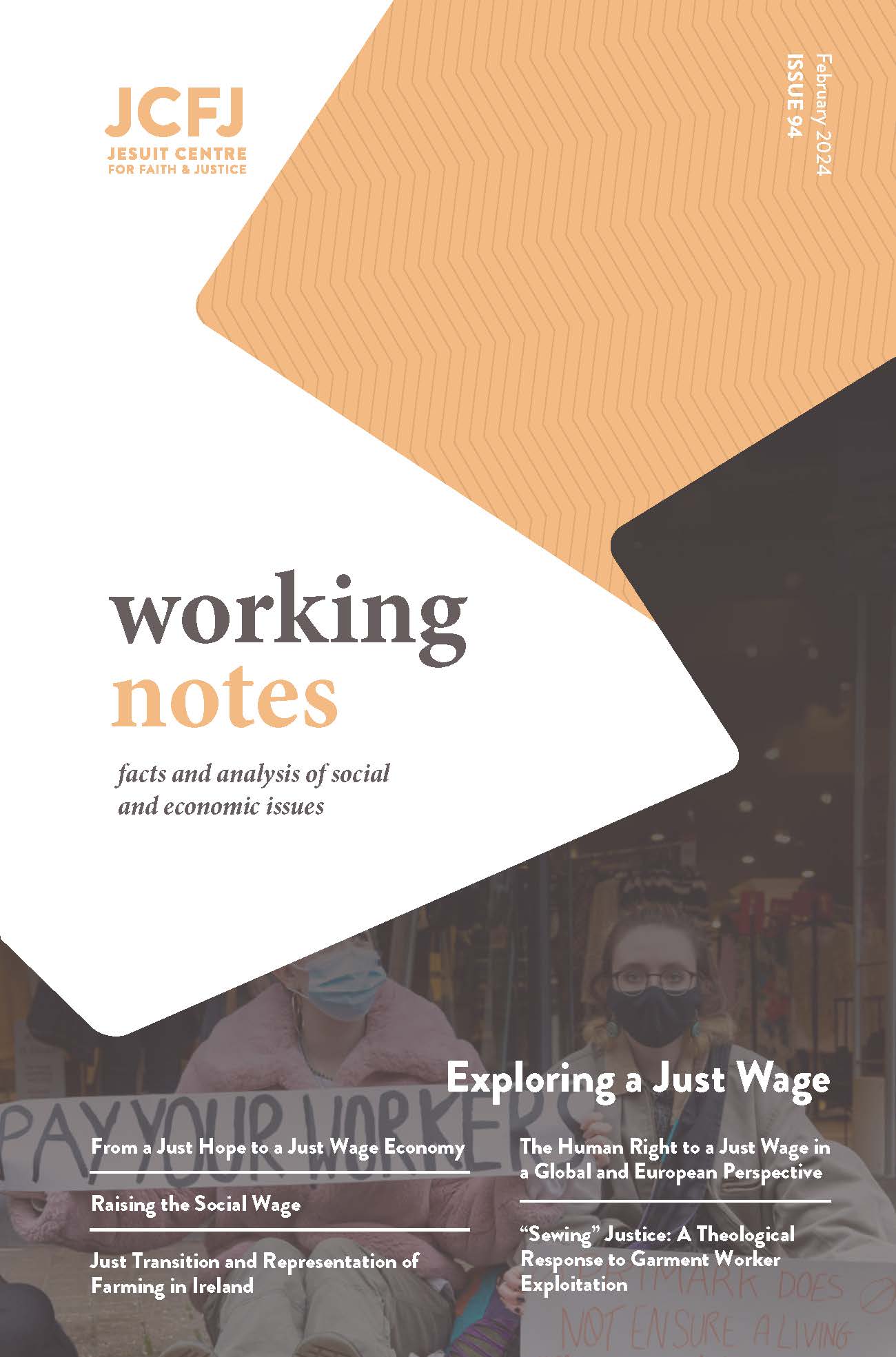
The Just Wage Initiative is an interdisciplinary project based in Notre Dame University’s Center for Social Concerns. Working since 2017, and deeply rooted in the Catholic Social Teaching tradition, this initiative has established seven basic criteria which must be met to ensure a given wage is just. Developed between academics, employers, employees, and other stakeholders,… Read more »
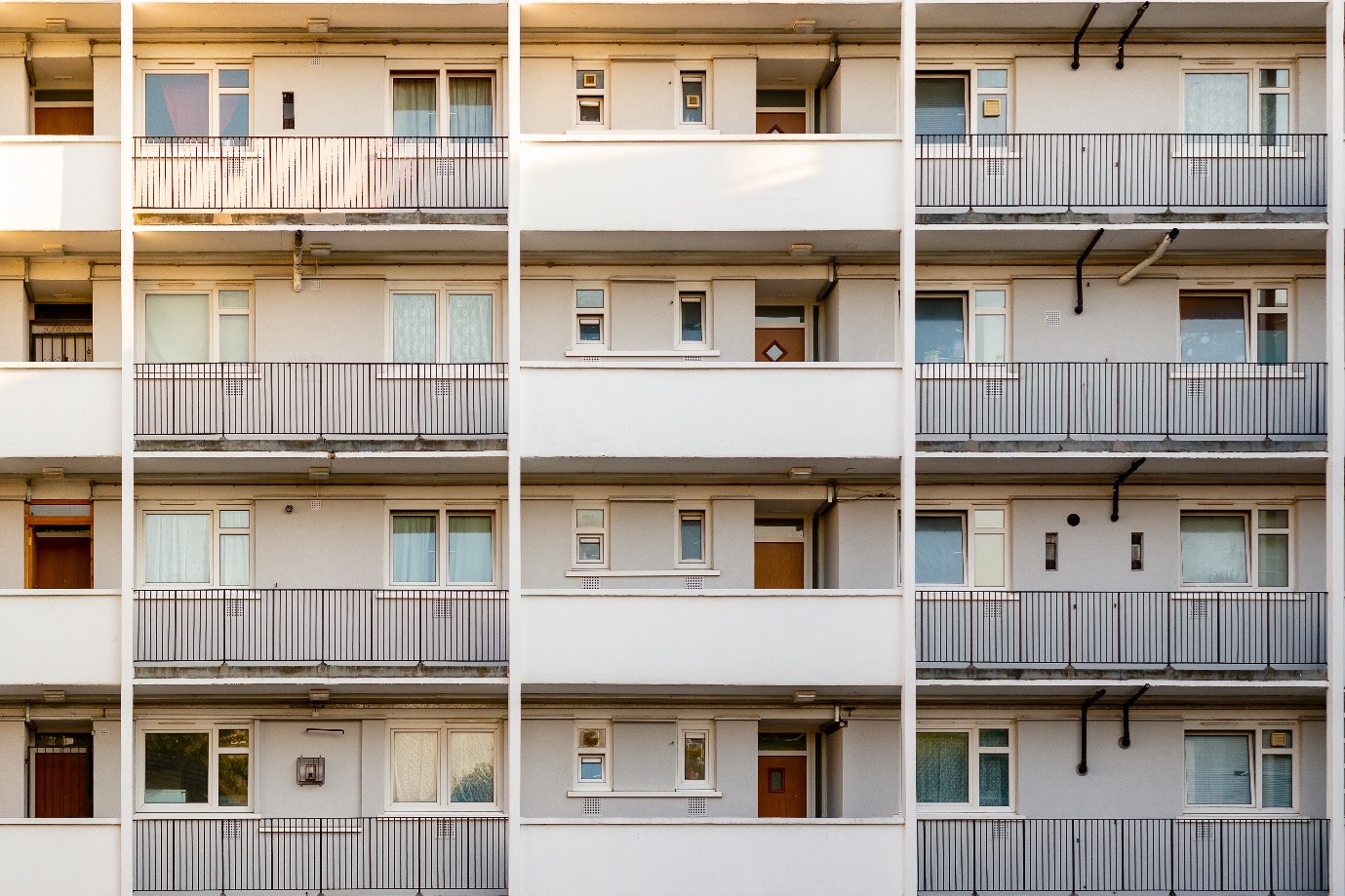
Written by Dr. Laura Bambrick Dr Laura Bambrick is the Social Policy & Employment Affairs Officer at the Irish Congress of Trade Unions. Congress is the umbrella body for 46 unions and seven associate members, representing over 700,000 workers and their families, and the largest civil society organisation on the island of Ireland. Introduction The… Read more »
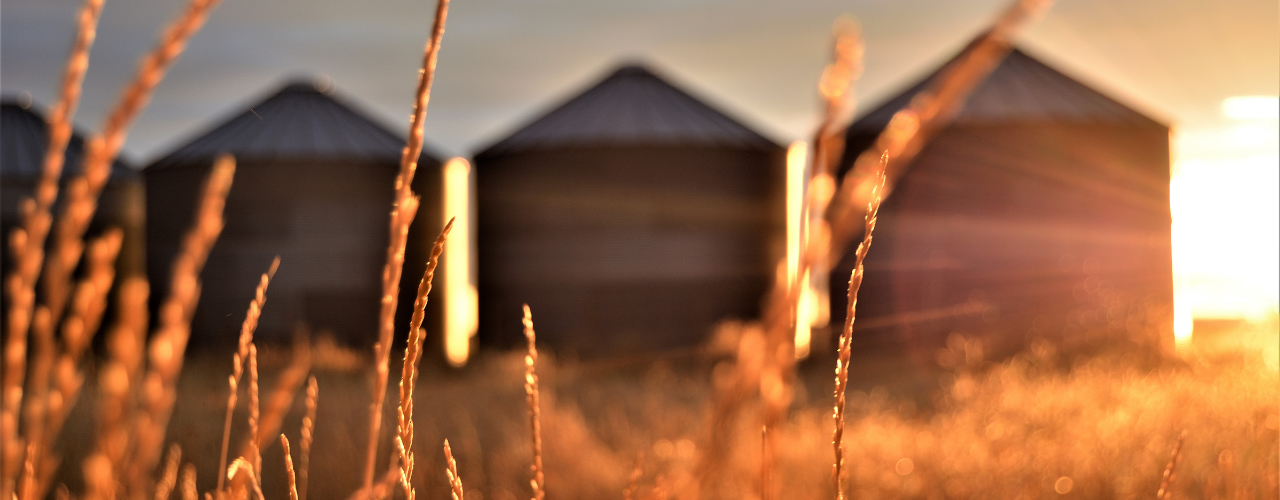
Written by Prof. Patrick Brereton Prof. Patrick Brereton is an emeritus Professor at the School of Communications at Dublin City University. His most recent monograph was Essential Concepts of Environmental Communication: an A-Z Guide (London: Routledge, 2022) and he was one of the editors on the important Palgrave volume, Ireland and the Climate Crisis (2020).… Read more »
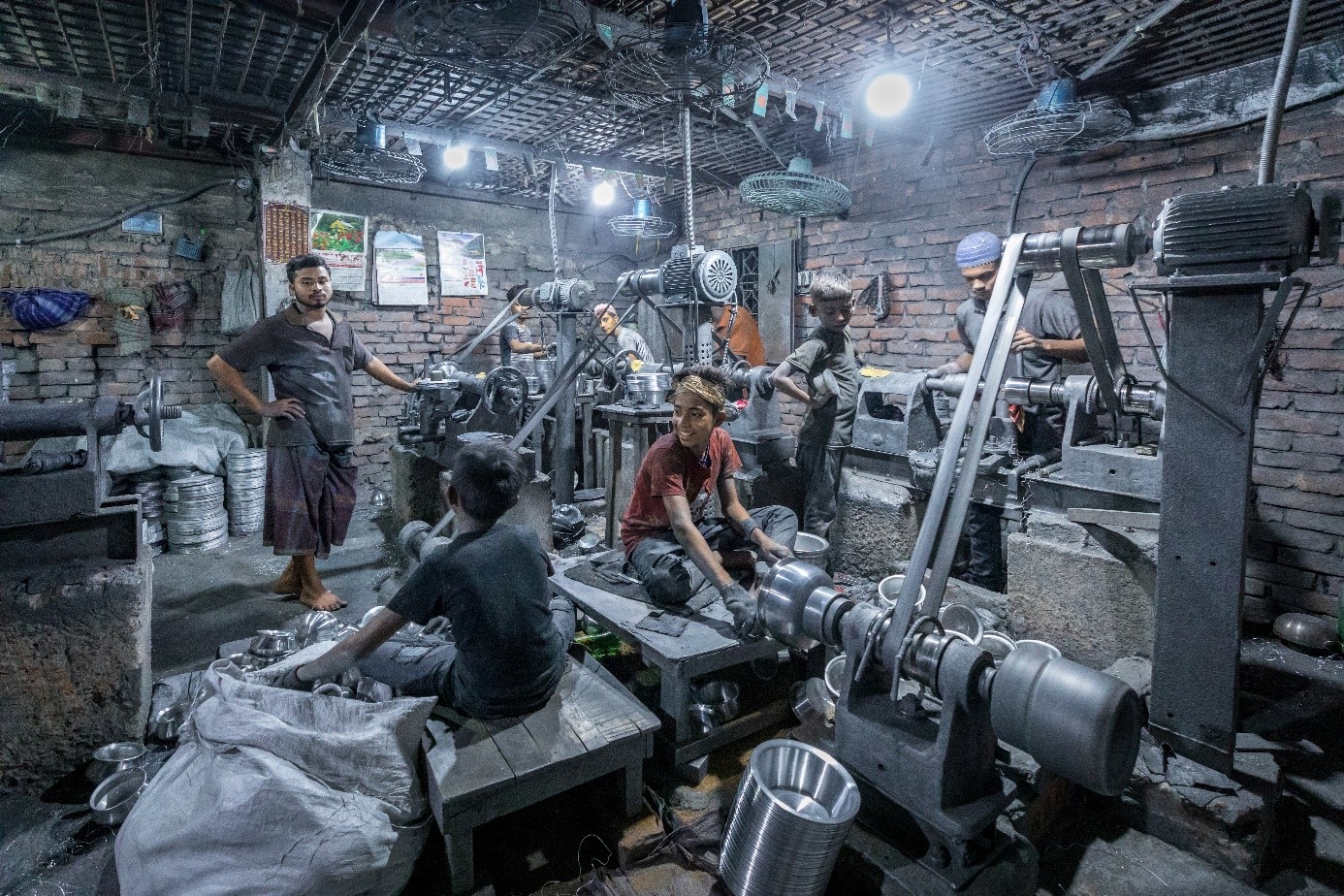
Written by Professor Dr. Andreas Müller Professor Dr. Andreas Müller, LL.M. (Yale) holds the Chair of European Law, International Law and Human Rights at the University of Basel. His research focuses, amongst others, on international and European human rights law. The core dimensions of the right to a just wage The right to a… Read more »
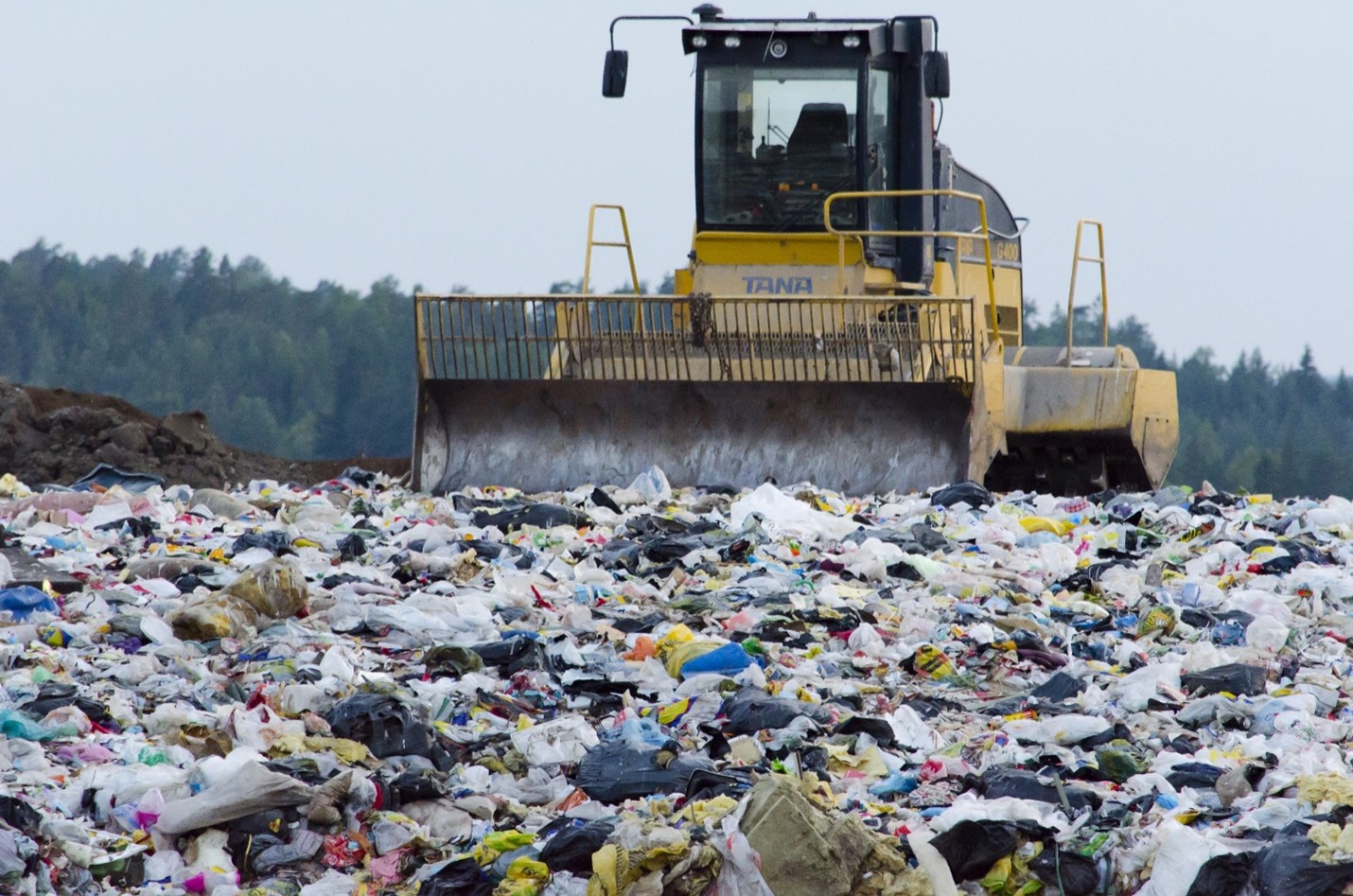
Written by Céire Kealty Céire Kealty is a PhD candidate in Theology at Villanova University and freelance writer, exploring Christian spirituality, environmental ethics, and the global garment industry. Restless Distractions In his work Confessions, St. Augustine identifies a deep restlessness in every human heart. He insists that this restlessness finds its release in God;[1] advertisers… Read more »
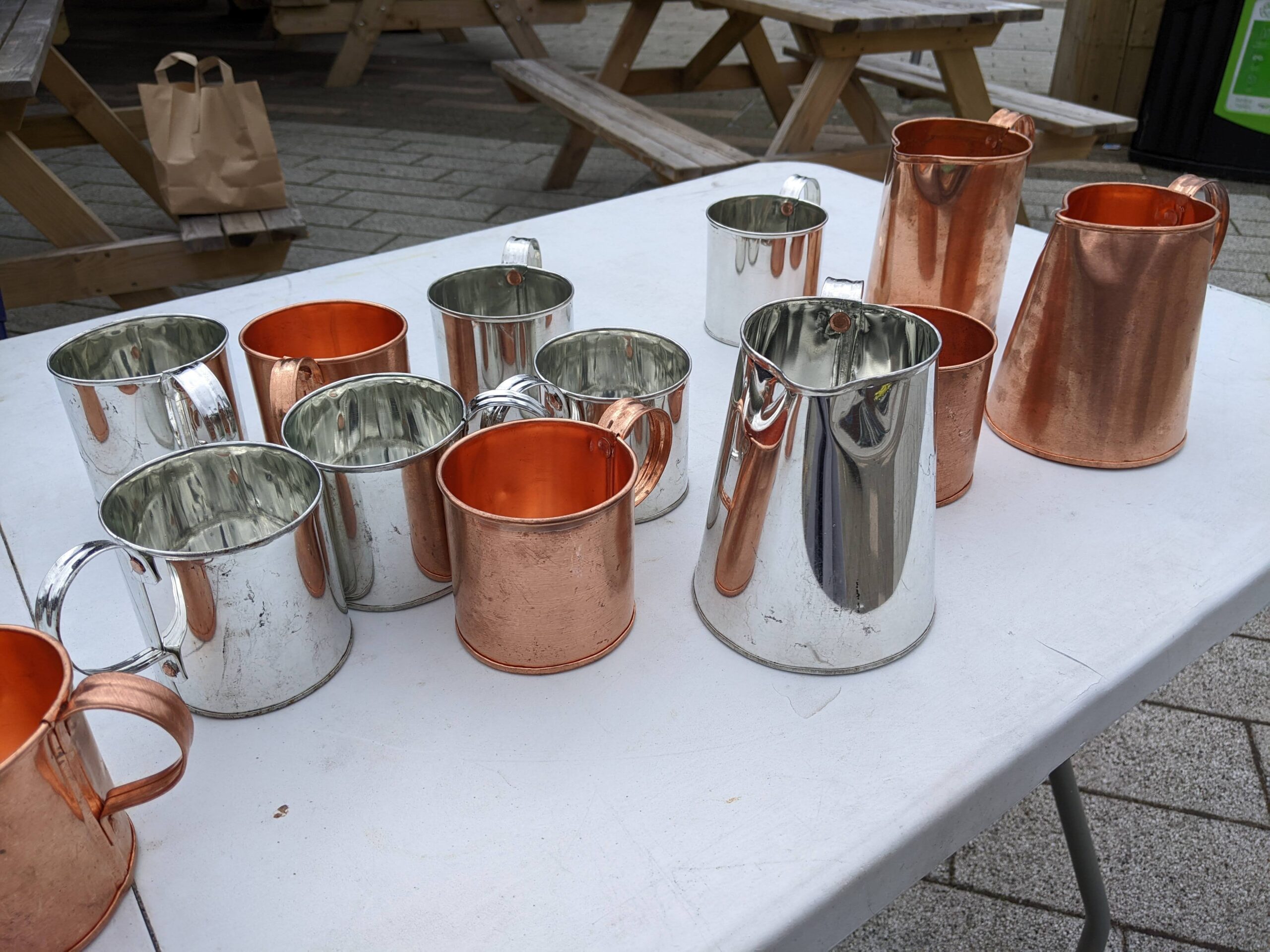
Travellers are loose threads in the fabric of Irish society. They exist at the edges rather than being interwoven into the whole. This is often excused by settled people as being their choice, and even their fault. We have all heard about, and read about in the media, Travellers’ propensity to crime and disruption. But what we don’t hear about is Travellers’ struggles to exist and find their place in a society that was designed for a settled lifestyle.
Working Notes is a journal published by the Jesuit Centre for Faith and Justice. The journal focuses on social, economic and theological analysis of Irish society. It has been produced since 1987.